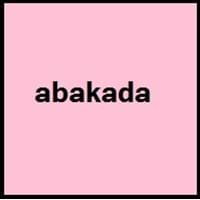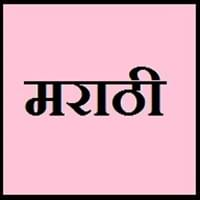Tagalog vs Marathi
- In 1593, "Doctrina Christiana" was first book written in two versions of Tagalog.
- The name "Tagalog" means "native to" and "river". "Tagalog"is derived from taga ilog, which means "inhabitants of the river".
- Marathi ranks 4th in India based on the number of native speakers.
- Marathi language has borrowed plenty of loanwords from Urdu, Persian, Arabic and Sanskrit.
Tagalog and Marathi Language History
Comparison of Tagalog vs Marathi language history gives us differences between origin of Tagalog and Marathi language. History of Tagalog language states that this language originated in 1593 whereas history of Marathi language states that this language originated in 10th century. Family of the language also forms a part of history of that language. More on language families of these languages can be found out on Tagalog and Marathi Language History.
Tagalog and Marathi Greetings
People around the world use different languages to interact with each other. Even if we cannot communicate fluently in any language, it will always be beneficial to know about some of the common greetings or phrases from that language. This is where Tagalog and Marathi greetings helps you to understand basic phrases in Tagalog and Marathi language. Tagalog word for "Hello" is Kamusta or Marathi word for "Thank You" is धन्यवाद (Dhan'yavāda). Find more of such common Tagalog Greetings and Marathi Greetings. These greetings will help you to be more confident when conversing with natives that speak these languages.
Tagalog vs Marathi Difficulty
The Tagalog vs Marathi difficulty level basically depends on the number of Tagalog Alphabets and Marathi Alphabets. Also the number of vowels and consonants in the language plays an important role in deciding the difficulty level of that language. The important points to be considered when we compare Tagalog and Marathi are the origin, speaking countries, language family, different greetings, speaking population of these languages. Want to know in Tagalog and Marathi, which language is harder to learn? Time required to learn Tagalog is 44 weeks while to learn Marathi time required is 4 weeks.





